Understanding Revenue Cycle Management in Healthcare
Revenue Cycle Management (RCM) is the backbone of a successful healthcare practice. It involves the financial process of managing patient service revenue from appointment scheduling to final payment collection.
Key Stages of Revenue Cycle Management
- Patient Registration – Collecting and verifying patient information before providing services.
- Insurance Verification – Confirming patient eligibility and insurance coverage to avoid claim denials.
- Charge Capture & Coding – Accurately documenting medical procedures using standardized codes.
- Claims Submission – Sending claims to insurance companies for reimbursement.
- Payment Posting & Denial Management – Processing payments and resolving denied claims efficiently.
- Patient Billing & Collections – Issuing invoices and ensuring timely payment collection.
Benefits of Effective RCM
- Improves cash flow and revenue generation.
- Reduces claim denials and delays.
- Enhances operational efficiency for healthcare providers.
At Link RCM, we specialize in optimizing revenue cycle management for healthcare practices. Let us help you maximize your revenue with seamless RCM solutions!

